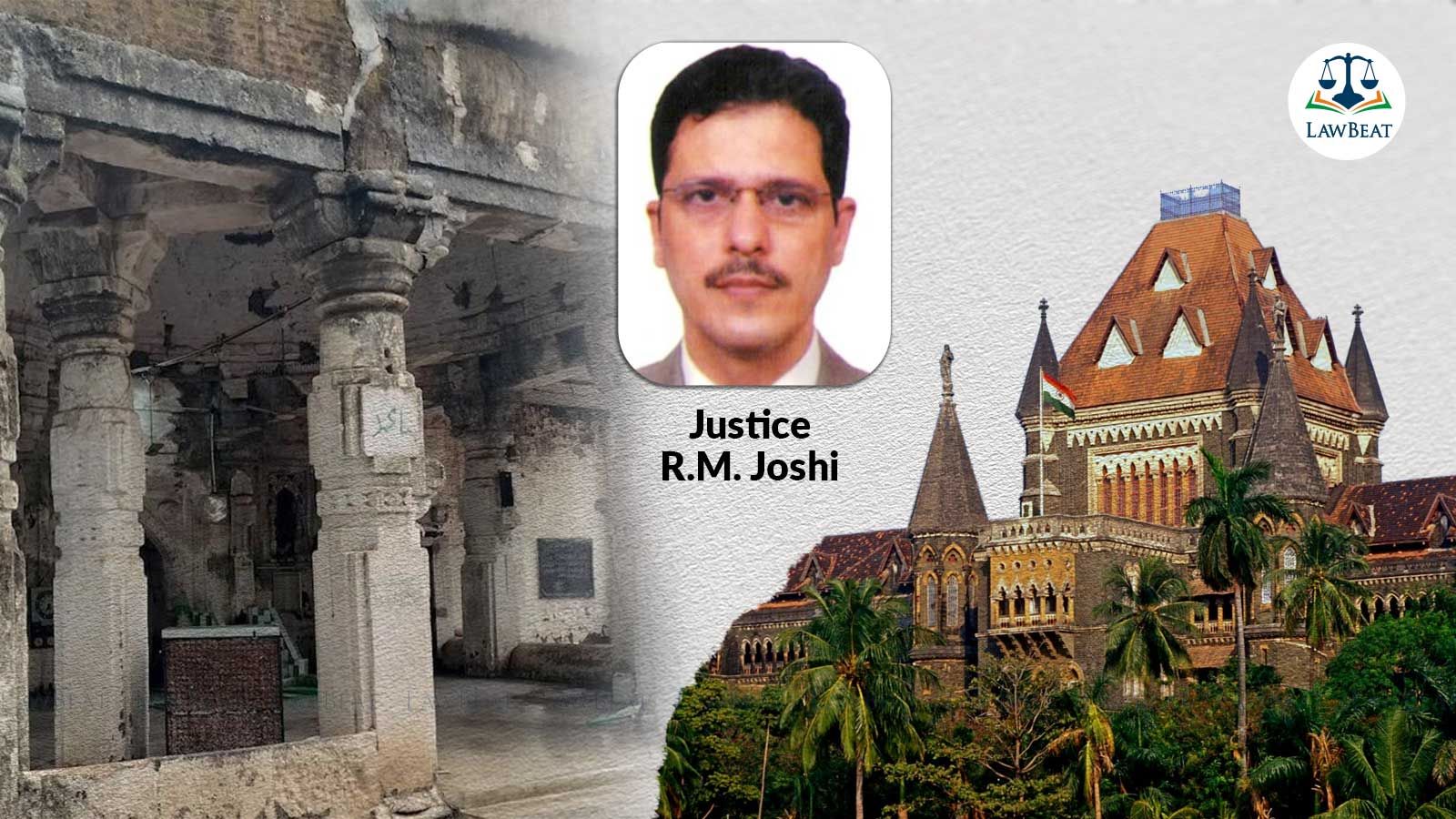Jalgaon Jumma Masjid Dispute: Bombay High Court Puts Interim Stay on Collector’s Order Ousting Entry in Mosque

On July 11, the District Magistrate passed the prohibitory order under Sections 144 and 145 of CrPC (Code of Criminal Procedure) on the apprehension of breach of public peace after Hindu groups claimed that the structure resembles a temple
In an interim direction passed on Tuesday, the Bombay High Court stayed Jalgaon District Collector's order barring entry to Jumma Masjid and directed him to handover the keys of the mosque to the Trust Committee amid claims and counter claims over existence of the mosque.
A bench of Justice R.M. Joshi was hearing a plea filed by Jumma Masjid Trust Committee against the order passed by district administration restraining Muslims from offering prayers in the mosque.
The High Court observed, prima facie, there is no finding recorded in order of the District Collector about being satisfied that there is likelihood of breach of peace on account of alleged dispute. “Apparently there is no apprehension spelt-out of any likelihood of causing breach of peace,” it said while ordering ad-interim stay.
It was argued before the high court that the Masjid Committee was not given any hearing to put-forth its case when order dated July 11 was passed by the Collector.
Further, it was contended that prohibitory order under Sections 144 and 145 of Code of Criminal Procedure (CrPC) was passed without recording any findings about the likely breach of peace.
Senior Advocate V. D. Hon, appearing for Masjid Committee, argued that unless findings about the likely breach of peace are recorded, it is not open for the District Magistrate to pass such an order.
Public Prosecutor D. R. Kale, defending the order, said that the proceedings were instituted under the provisions of Bombay Government Premises (Eviction) Act, 1955 on the basis of a complaint. He said that during hearing of the proceeding under the Act, powers under CrPC were suo moto invoked.
Further, he submitted that for invoking Sections 144 of Cr.P.C, there is no need of any report to be made to the District Magistrate and that such powers can be exercised even suo moto.
The private complainant, represented by senior advocate V. J. Dixit, requested the court to not entertain the petition filed by the Masjid Committee at this stage. He argued that it is not advisable to interfere into the order as jurisdiction of the District Magistrate as for the purpose of maintaining law and order situation such orders may be essential.
On the issue of maintainability of the petition, the High Court, prima facie, noted that for want of efficacious remedy, the Masjid Committee’s plea is tenable and held that there is no substance in the objection relating to its maintainability.
“Perusal of the relevant provisions do not show that any appeal is provided against interim order passed by District Magistrate under Section 144(1) of Cr.P.C. The remedy of filing an application before the same authority or before the State Government for alteration of the order cannot be equated with an Appeal,” observed the high court.
In relation to the order dated July 11 passed by the District Collector, the high court said that though Section 144 of Cr.P.C provides power to the District Magistrate even to take suo moto action, however, existence of likelihood of cuasing of disturbance of public peace or tranquility is sine qua non to assume such power.
“In prima facie opinion of this Court for want of such findings being recorded makes impugned order vulnerable and not sustainable in law… it is fit case to stay the impugned order,” it ordered.
Cause Title- Jumma Masjid Trust Committee Through Its President Altaf Khan Nayyum Khan Vs. The State Of Maharashtra And Others
